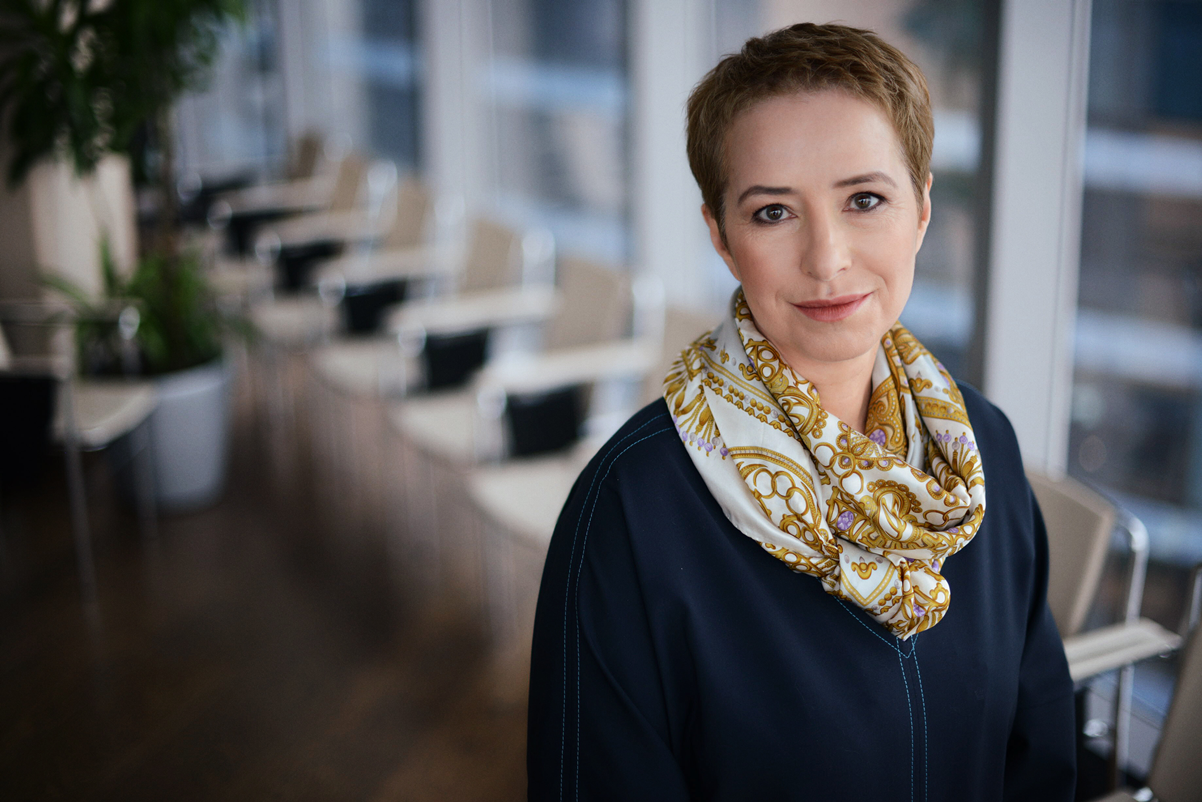Olga Dergunova: ‘Setting coherent and equitable standards for ESG policy is a joint mission of business and universities’

Olga Dergunova is Deputy President and Chairman of VTB Bank Management Board and the Director of the Graduate School of Management at St Petersburg University (GSOM SPbU). In her address at the Digital CFO 2021 conference organised by the Association of Chartered Certified Accountants (ACCA), Olga Dergunova said that businesses and universities need to work together to find a well-balanced formula for responsible leadership in line with sustainable development goals, while maintaining financial incentives for businesses.
Olga Dergunova emphasised that the Environmental, Social and Corporate Governance (ESG) agenda is becoming an integral part of the daily activities of any manager and financier. It has a direct bearing on the company’s economic performance. The company’s cost of debt and implied equity capital depend on how sustainable the company is. Business ethics determines the company’s market share. The selection of a non-financial reporting standard has an impact on taxation and, consequently, on the company’s net profits. ‘Of the $110 trillion available on the public markets, over $70 trillion are ESG investments. In 2020, «green» investments reached over $700 billion worldwide,’ noted Olga Dergunova.
‘How to engage millennials — who are university students today — as the advocates and enablers of the ESG change? What can I personally do for this? The simplest, yet most effective, way is to come to universities and invest in creating and discovering new knowledge. Raise a debate to find a solution together. Contribute to the education of a new generation of responsible leaders who will be able to critically judge the value of the ESG change for developing society in the interests of future generations,’ said Olga Dergunova. She invited financial practitioners to collaborate with universities in developing coherent and comprehensive approaches to the implementation of sustainability principles in education and business.
‘It is really important for today’s students that problems are discussed without paternalism, but with some base line of human dignity. In this context, the ESG agenda is a rich topic for discussion. You can discuss it and look at how to achieve the optimal balance point between the ESG framework and other elements of the economy. It is also essential that we agree on universal criteria in order to prevent manipulation of the ESG agenda. We need to agree on what we understand by Environmental, Social and Corporate Governance, while maintaining the financial incentives for businesses and ensuring the protection of the interests of society,’ stressed Olga Dergunova.
ACCA (The Association of Chartered Certified Accountants) is a global professional association uniting professionals in the field of finance and accounting. Its purpose is to lead the global accountancy profession by creating opportunity. The GSOM SPbU Master’s programme in Corporate Finance (Master in Corporate Finance — MCF) is accredited by the ACCA. The graduates are awarded exemptions from the nine papers at the Applied Knowledge and Applied Skills levels of the ACCA qualification.
GSOM SPbU is updating its bachelor’s and master’s programmes, seeking to imbed ESG and sustainability issues into business education. The curricula contain courses on sustainable financing, socially responsible business conduct, and scholarly research in Corporate Social Responsibility and Environmental, Social and Corporate Governance. ESG principles are one of the key priorities of the GSOM Development Strategy until 2025, and ‘responsible leadership’ is one of the founding values of the business school.

